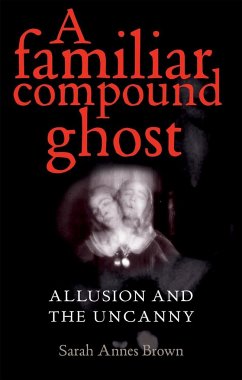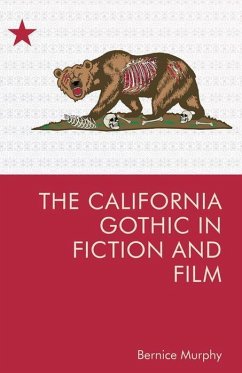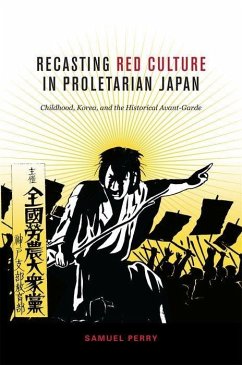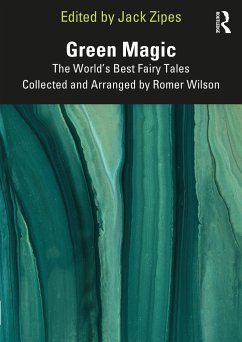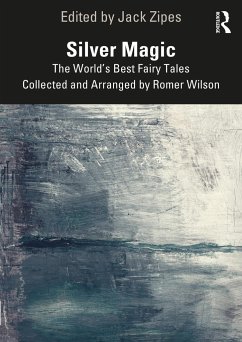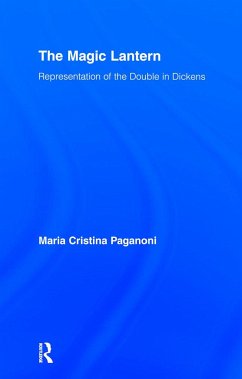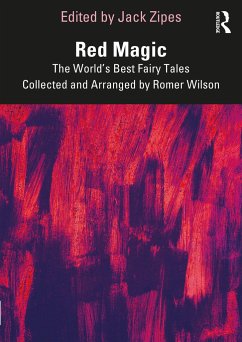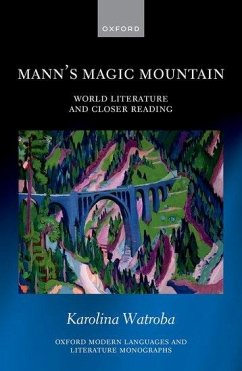Nicht lieferbar
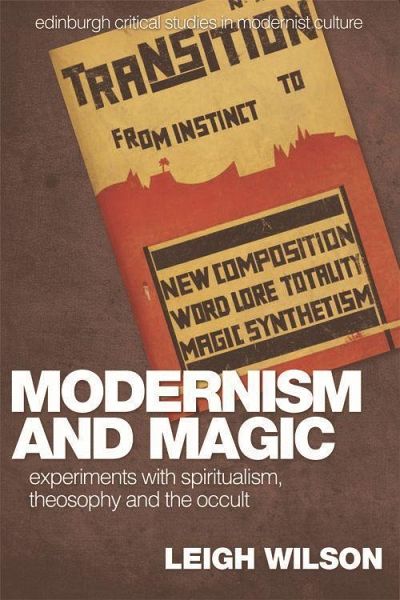
Modernism and Magic
Experiments with Spiritualism, Theosophy and the Occult
Explores the interplay between modernist experiment and occult discourses in the early twentieth century This study presents a new account of the relation between modernism and occult discourses. While modernism's engagement with the occult has been approached by critics as the result of a loss of faith in representation, an attempt to draw on science as the primary discourse of modernity, or as an attempt to draw on a hidden history of ideas, Leigh Wilson argues that these discourses have at their heart a magical practice which remakes the relationship between world and representation. As Wil...
Explores the interplay between modernist experiment and occult discourses in the early twentieth century This study presents a new account of the relation between modernism and occult discourses. While modernism's engagement with the occult has been approached by critics as the result of a loss of faith in representation, an attempt to draw on science as the primary discourse of modernity, or as an attempt to draw on a hidden history of ideas, Leigh Wilson argues that these discourses have at their heart a magical practice which remakes the relationship between world and representation. As Wilson demonstrates, the courses of the occult are based on a magical mimesis which transforms the nature of the copy, from inert to vital, from dead to alive, from static to animated, from powerless to powerful. Wilson explores the aesthetic and political implications of this relationship in the work of those writers, artists and filmmakers who were most self-consciously experimental, including James Joyce, Ezra Pound, Dziga Vertov and Sergei M. Eisenstein.





